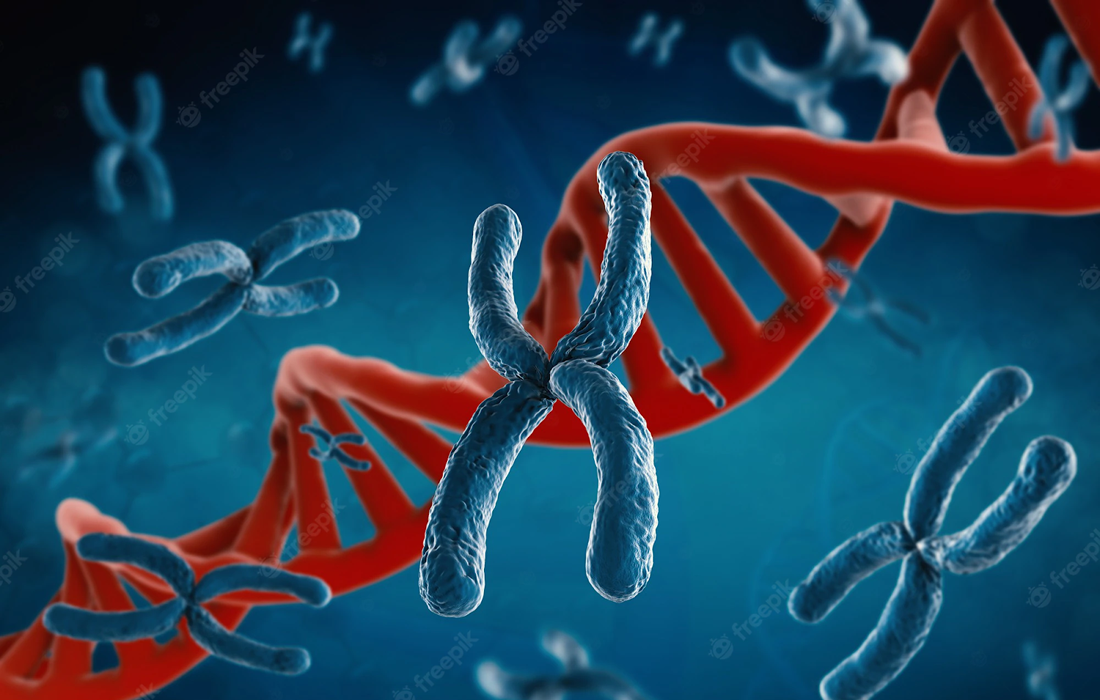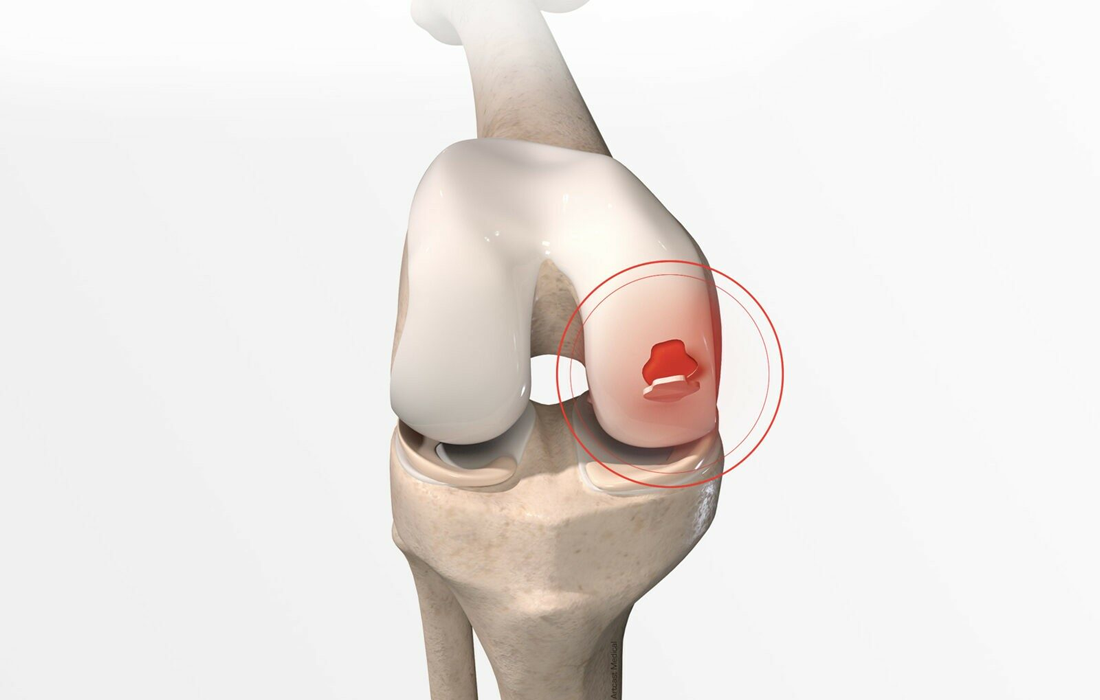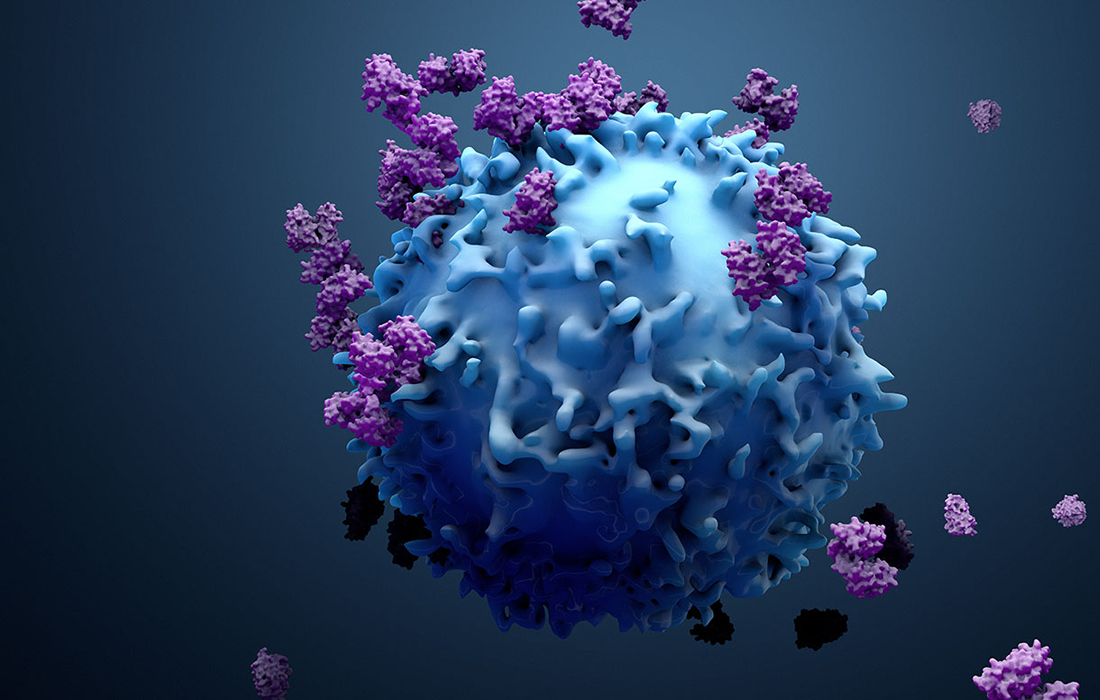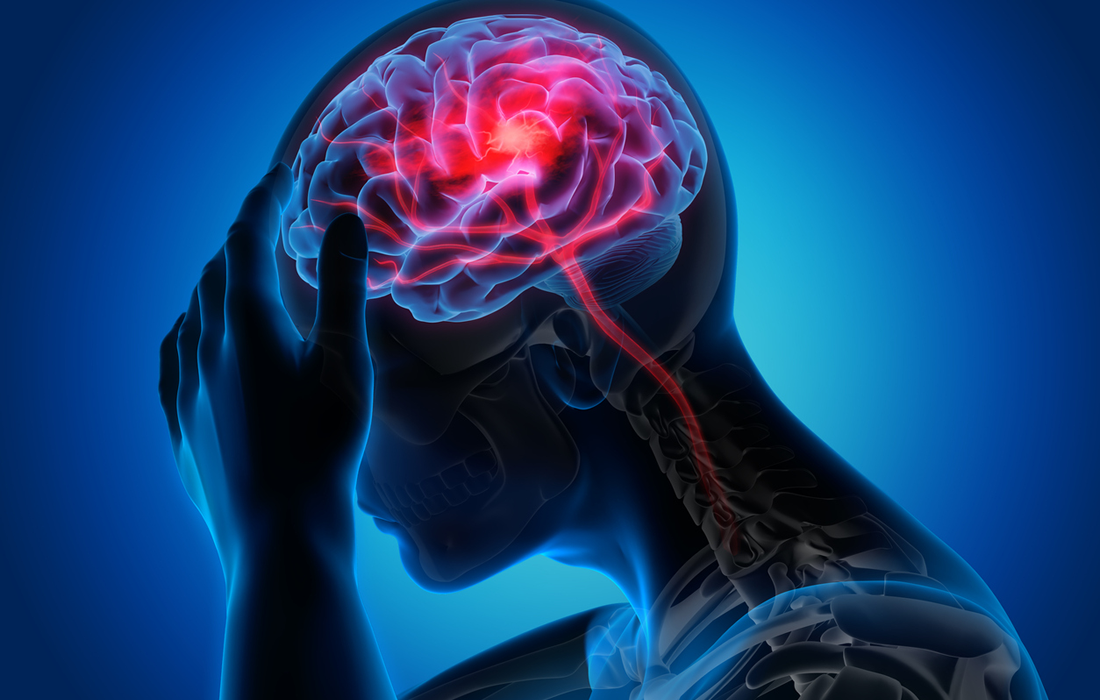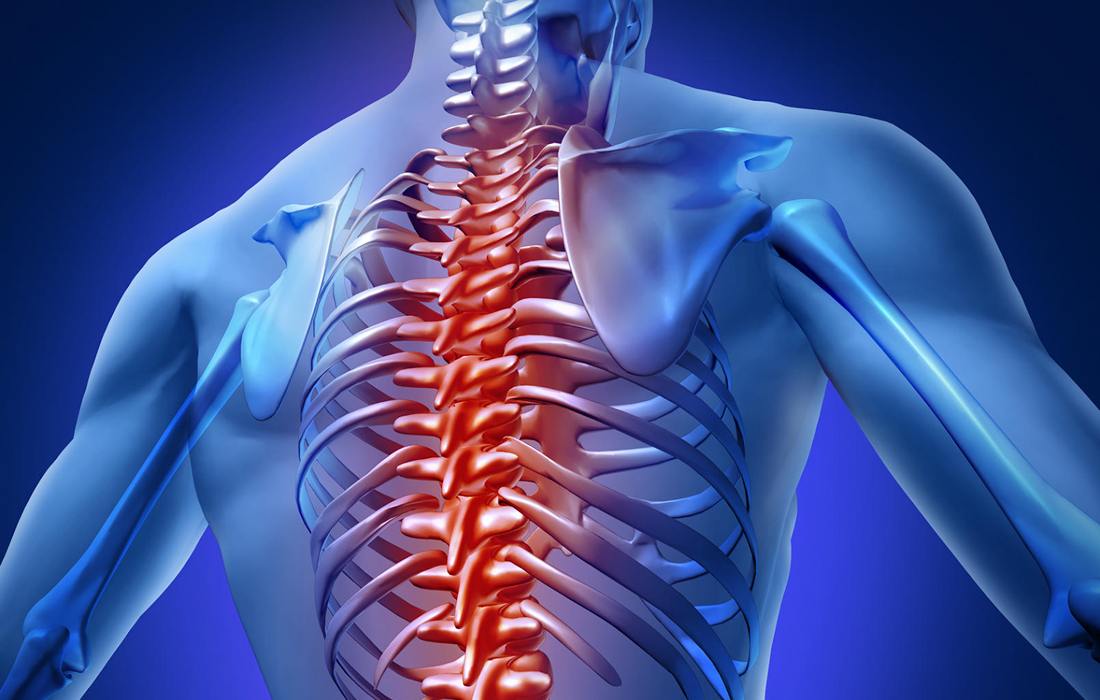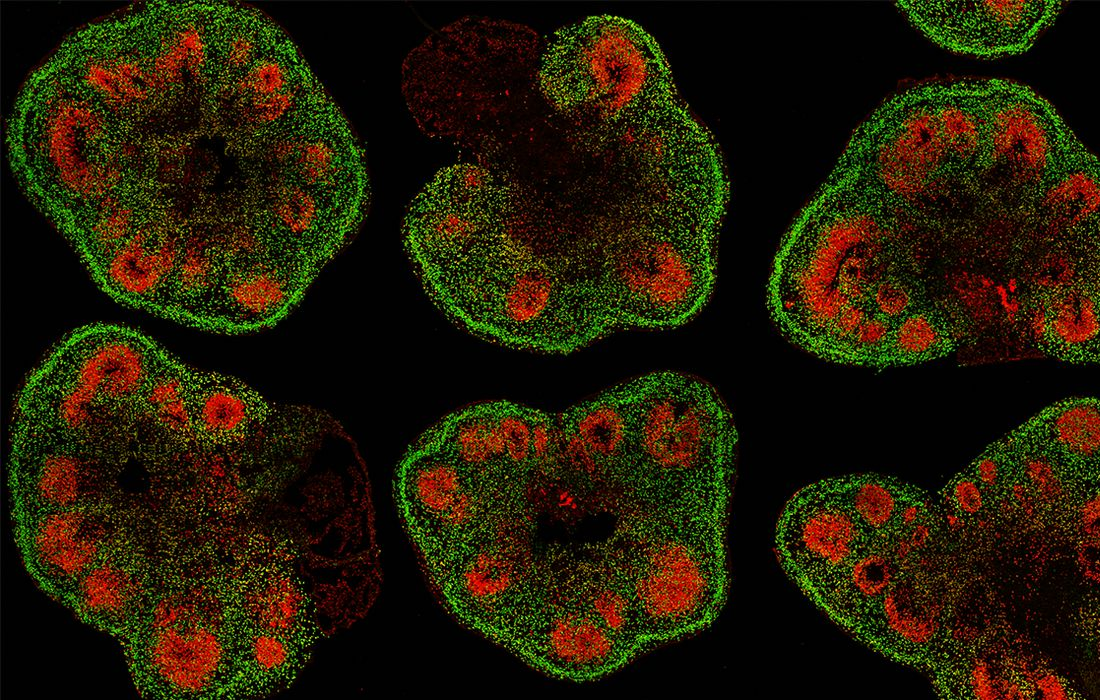Huntington’s disease (HD) is a neurological disorder that causes progressive loss of movement, coordination and cognitive function. It is caused by a mutation in a single gene called huntingtin or HTT. More than 200,000 people worldwide live with the genetic condition, approximately 30,000 in the United States. More than a quarter of a million Americans […]
Category Archives: Regenerative Medicine News and General Information
The increasing exploitation of nanomaterials including graphene-based materials necessitates a comprehensive evaluation of the potential effects of these materials on human health. However, although the interactions of nanomaterials with the immune system have been addressed, their impact on the microbiome of the host remains to be understood. Graphene is an extremely thin material, a million […]
Researchers at UC San Francisco (UCSF) have engineered molecules that act like “cellular glue,” allowing them to direct in precise fashion how cells bond with each other. The discovery represents a major step toward building tissues and organs, a long-sought goal of regenerative medicine. Adhesive molecules are found naturally throughout the body, holding its tens […]
Antibodies produced against the commonly used antibiotic, gentamicin, appear to increase the risk of type 1 diabetes in children already genetically at risk, scientists say. When Medical College of Georgia scientists compared the blood of nearly 300 individuals with type 1 diabetes to healthy controls, they found that a higher level of antibodies against gentamicin […]
Cartilage degeneration and injuries affect 350 million people worldwide. Patients with these conditions experience increased pain and discomfort over time. However, an exciting breakthrough in tissue regeneration research offers the promise of meaningful relief. The study, led by faculty at The Forsyth Institute, suggests a new approach for making cartilage cells with huge implications in […]
Multiple Sclerosis (MS) is a chronic inflammatory, autoimmune, and neurodegenerative disease of the central nervous system (CNS). MS affects approximately 2.5 million people worldwide. High prevalence of MS is seen in northern parts of Europe and North America. Multiple sclerosis (MS) is a potentially disabling disease of the brain and spinal cord (central nervous system). […]
Therapeutic development for ischemic stroke has previously focused on small molecules, with anti-thrombotic, thrombolytic, and anti-inflammatory mechanisms of action. While approximately 4% of over 430 promising clinical trials for these small molecular therapeutics have reached world markets., ischemic stroke continues to remain a leading cause of death and long-term disability worldwide. Identifying acute parameters which […]
Radical prostatectomy, surgery to remove the prostate gland, is considered the definitive treatment for localized prostate cancer. Despite the advent of so-called nerve-sparing procedures, the surgery can damage the cavernous nerves, which control erectile function by regulating blood flow to the penis. Erectile dysfunction (ED) after radical prostatectomy has a major impact on the lives […]
Spinal cord injury (SCI) is a traumatic event which often results in the loss of sensory and motor function, at or below the site of injury. About 12,000 new cases of SCI are reported every year in the United States alone, but due to the present clinical inability to successfully treat SCI, the amount of […]
Cell culture has been a principal model for studying human disease and development for over 70 years since the isolation of HeLa cells from a human cervical cancer biopsy. Originally used as a vehicle to research viruses, human cell culture protocols were optimized for quick and easy growth to produce large quantities of material. Automated […]

